According to the WHO, drownings account for 7% of all injury-related deaths, making it the 3rd leading cause of unintentional injury death globally. Therefore, swimming is more than just a way to keep fit or for enjoyment, it is an essential skill. Learning swimming is crucial for safety and fitness. But is swimming hard to learn?
Swimming is an easier skill to learn for people with exposure to water, making it more difficult for people without aquatic exposure to master. A fear of water is one of the main reasons many people don’t learn how to swim, but it is not a difficult skill to learn. Moreover, children can learn to swim from a very young age.
Best way to learn to swim
The best way to learn to swim properly is to join swim lessons, such as a beginner’s swimming class or private swimming lessons. Besides your swimming lessons, it is also a good idea to get lots of practice, allowing you to perfect your strokes and breathing techniques. Practicing holding your breath underwater is a crucial exercise in swim lessons. When learning to swim, you need a sense of calm and to avoid fighting with the water. Remember, it is important to have someone there to assist you if necessary when you are learning how to swim. Do not swim alone.
With children, the best time for them to start learning is around the age of 1. They are taught the basic survival skill of floating first, and then how to build their confidence around the water. Thereafter, they start learning other swimming elements. Children are fast learners.

Register for Mobile Swimming Lessons
How long will it take to learn to swim?
Usually, for kids, learning to execute a good swimming style and completing laps requires 15 to 30 hours of swimming instruction. For adults, the learning process to reach the same level can take anywhere between 20 to 40 hours. Of course, these times may vary, depending on any previous experience and the type of instruction you are receiving.
It may take a few weeks of consistent practice to master swimming techniques. The more you practice, and the faster you overcome your fear of the water, the quicker it is to master swimming. Then, there are different levels of expertise, from competitive swimmer to professional swimmer.
Why is swimming more difficult for some people to master?
The popularity of swimming is undeniable, and we all envy the swimmers, like Michael Phelps, we watch at events like the Olympics or swimming competitions. Swimming has unique challenges compared to other sports due to its specific physical demands, such as restricted breathing and the horizontal position of the body. It is more than just a pleasurable sport to watch, but has plenty of health benefits.
It can feel like quite a feat to learn how to swim if you fear the water or haven’t mastered the art of staying afloat. One of the greatest forms of anxiety that could hold you back from learning is the fear of drowning.

Challenges beginners need to overcome when learning to swim
There are several challenges you will need to overcome as a beginner:
Anxiety
If you are tense and anxious, then it becomes very difficult to learn to swim. Anxiety leads to harsh movements that don’t allow the body to glide through the water, leading to it being dragged down. Practice your movements and keep them streamlined to help you glide through the water.
Breathing
Learning to breathe properly is the most challenging swimming technique. You need to practice syncing your breath with your strike and exhaling through your nose underwater. Swimmers breathe differently compared to land-based sports, which can add to the difficulty. This takes practice, but it’s not impossible to learn.
Coordination
Pulling and kicking are techniques that work in combination to create the perfect stroke when you swim but as a beginner, these are often difficult to coordinate. Practice by breaking down the stroke, and learning it over shorter distances until you get the timing and execution right. Focusing on one skill at a time can help you progress faster.
Overthinking the technical elements
The combination of elements that give you propulsion requires smooth execution so your body can glide in the water. If you are overthinking all these techniques, you will fall into an unnatural rhythm that can look mechanical. Practice all the technical elements, such as front crawl or butterfly stroke, until they become second nature. Mastering one stroke can make it easier to learn other strokes.

Swimming Lessons for All Ages!
The Road to Become a Proficient Swimmer
The swimming learning process is essential for developing a strong swimmer, especially for older children interested in competitive swimming. Typically, this journey begins in a pool, where the first five lessons focus on foundational skills. During these initial sessions, a good coach emphasizes safety and comfort in deep water, gradually introducing techniques that make swimming efficient and enjoyable. In just two weeks, children can progress significantly, learning to float, kick, and perform basic strokes. As they master these skills, the next point in their learning process at the pool is building endurance and refining technique. Through regular practice, they develop confidence and strength, paving the way for more advanced swimming techniques. The combination of structured lessons, consistent feedback from a coach, and supportive practice creates an effective learning environment. This foundation not only prepares them for competition but also instills a lifelong love for the water. Ultimately, the swimming learning process transforms beginners into proficient swimmers, ready to tackle more challenging aspects of the sport while ensuring they are safe and confident in their abilities.
Where to learn to swim?
If you live in Ontario, our swim school at Coast2Coast is a great place to learn how to swim regardless of age or skill level. Swimming engages the upper body muscles, providing a full-body workout. We offer a wonderful Mobile Swimming program for those who have their own pool. Mobile Swimming makes it easy for students to learn basic or advanced swimming laps. Simply choose a date and time and we will send one of our experienced instructors to your home, community centre or local YMCA.
You may choose a private, semi-private or group swimming lesson. This makes it easy for you or a small group to learn how to swim. Our lessons are adaptable for either adult learners or new swimmers. Registration is simple and may be achieved by calling our toll-free number: 866-291-9121.
Final Word
Learning to swim is one of the most important survival skills you can acquire. It not only empowers you to stay safe in and around water but also opens up a world of recreational opportunities. Swimming is a low-impact and aerobic sport, making it accessible for individuals of all ages and fitness levels. Whether you’re a child eager to dive in or an adult who has always wanted to learn, it is never too late to start!
To enhance your learning experience, consider enrolling in lessons with a qualified instructor who emphasizes safety and proper technique. Remember to practice in a controlled environment, like a pool, where you can build confidence and skills gradually. Safety should always be your top priority—never swim alone, and always be aware of your surroundings. Additionally, practicing relaxation techniques can help ease anxiety in the water. Embrace the journey of learning to swim; not only will you improve your physical fitness, but you will also gain a sense of accomplishment that lasts a lifetime.





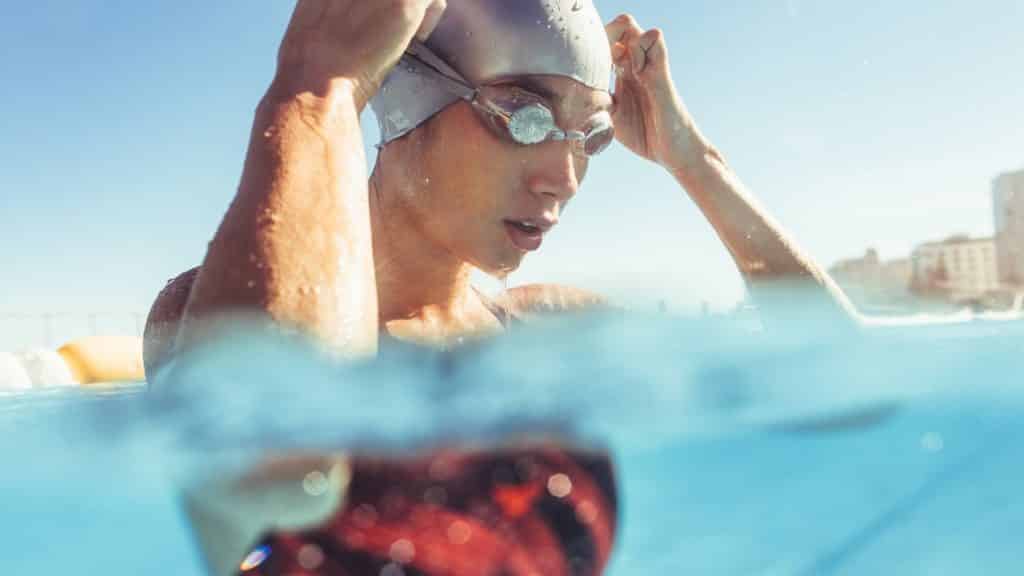

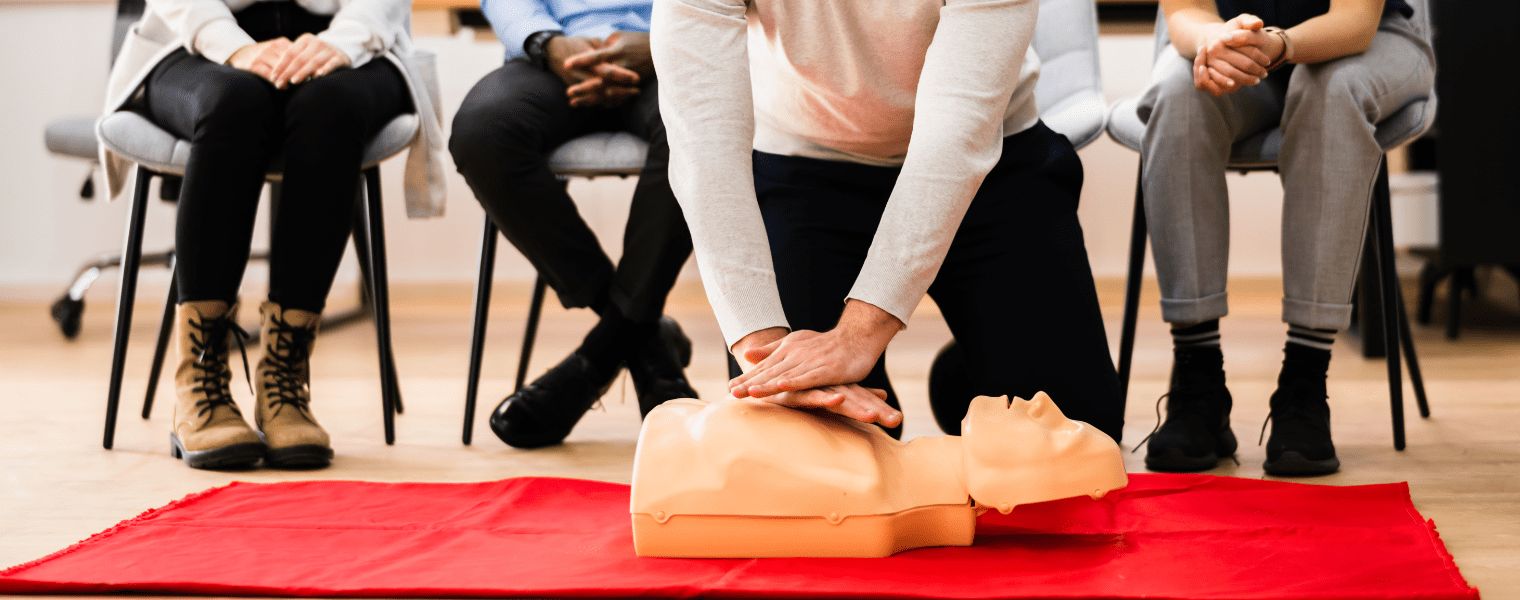
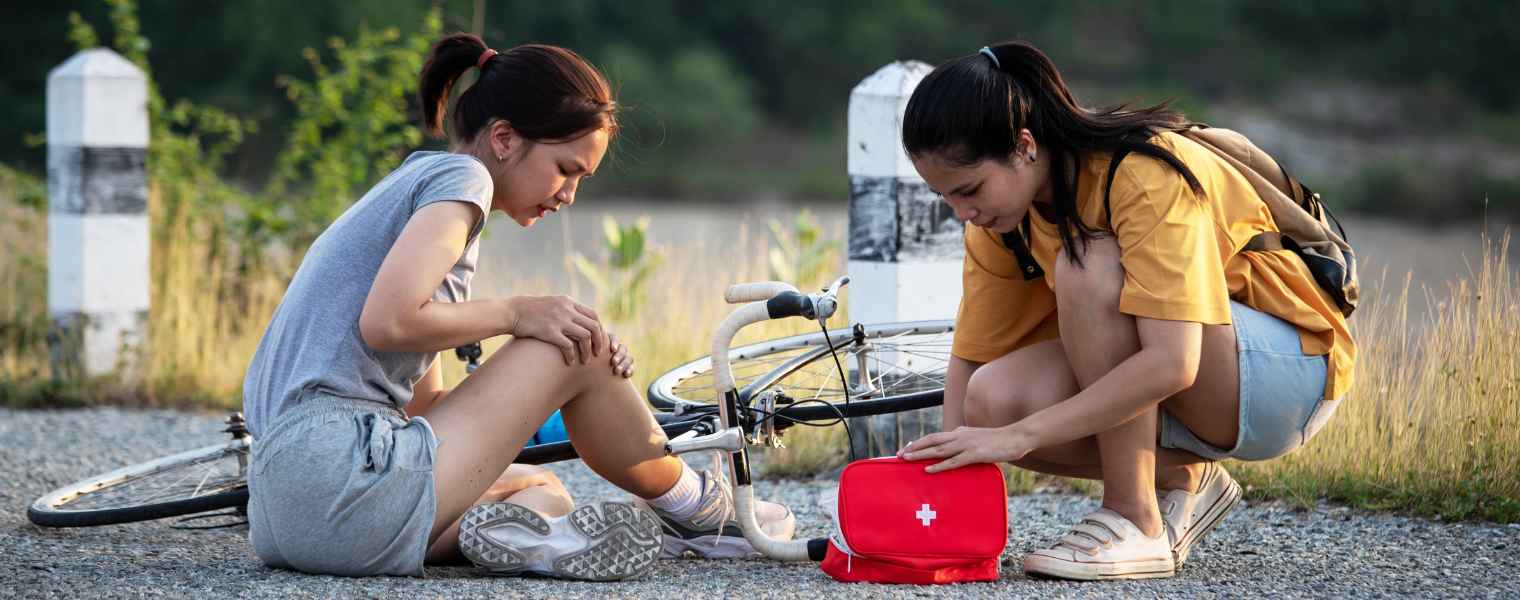

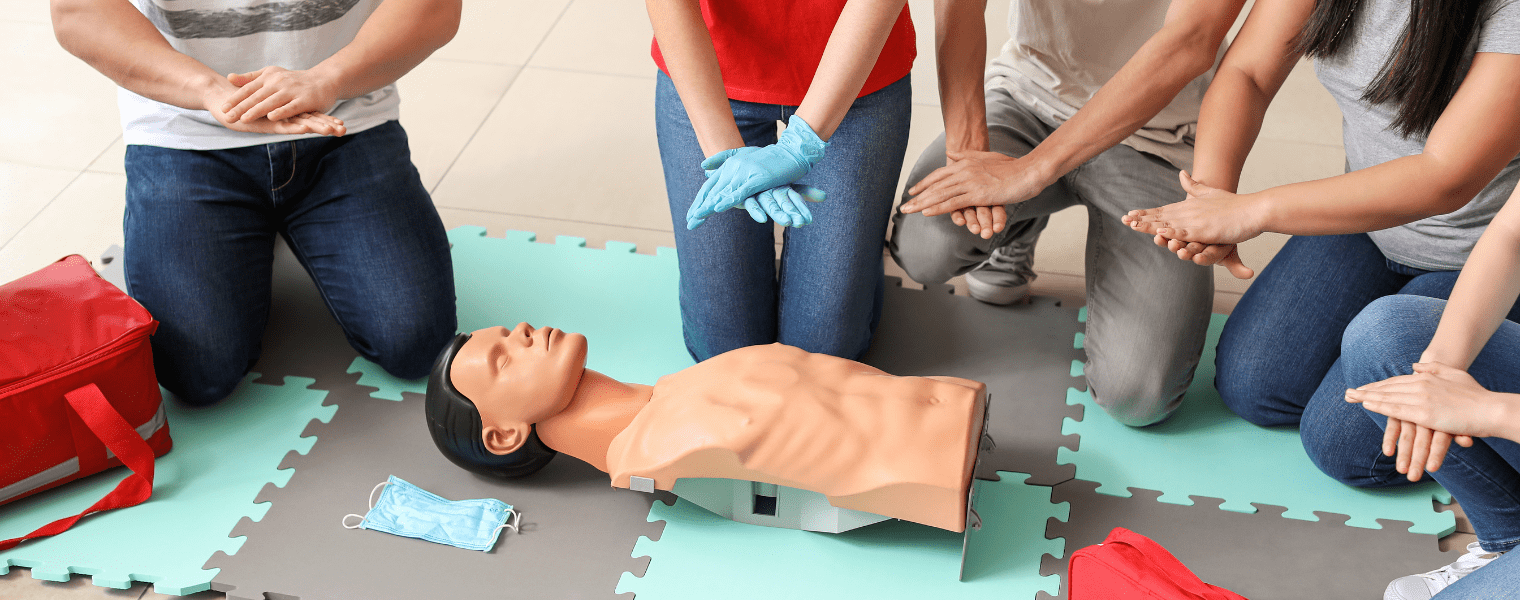
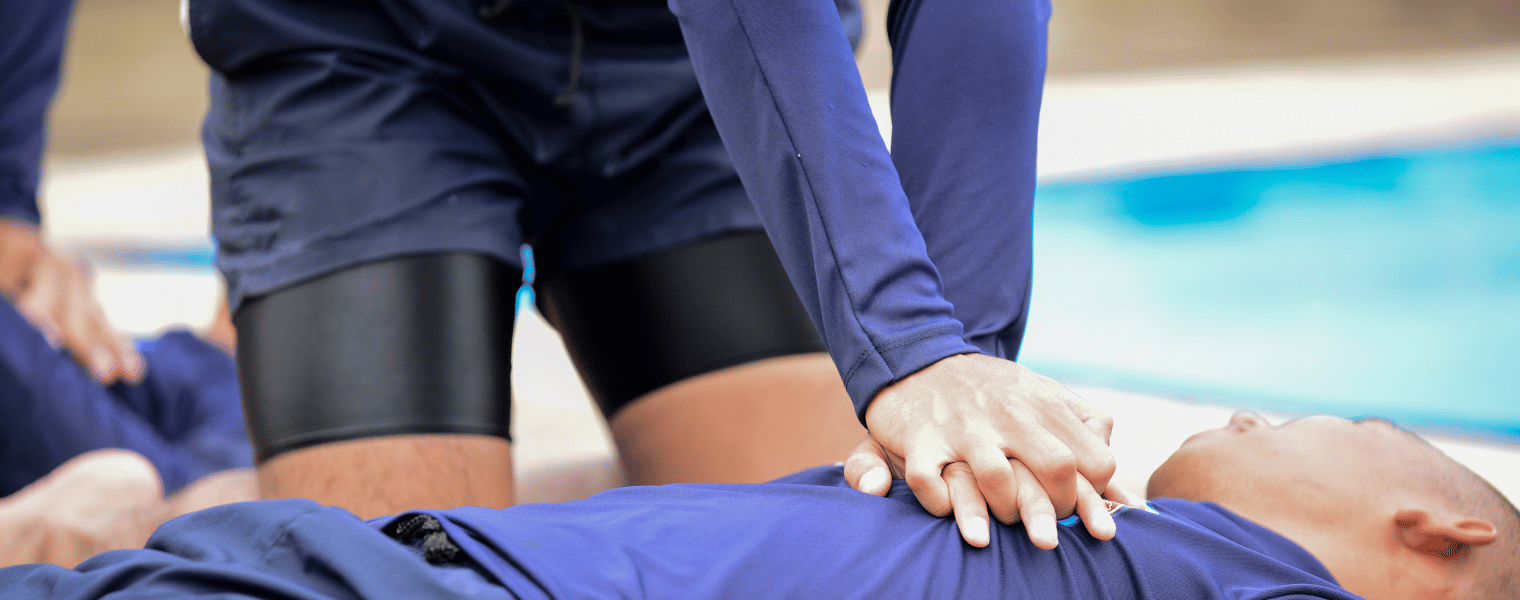
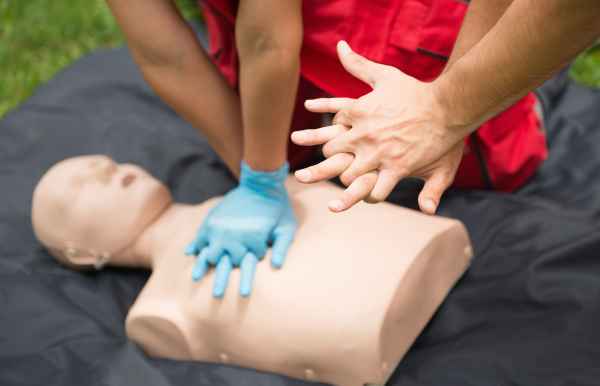


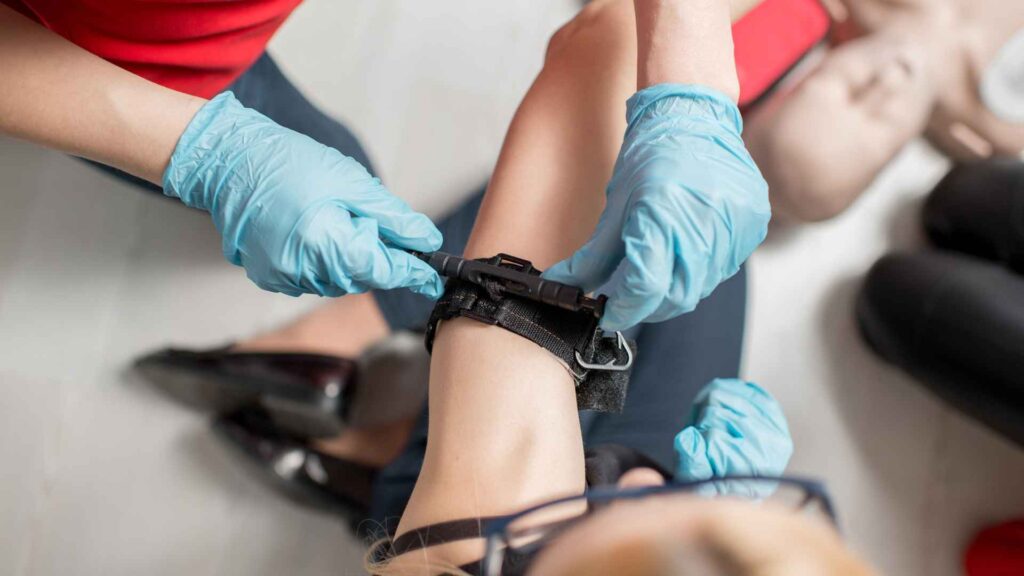
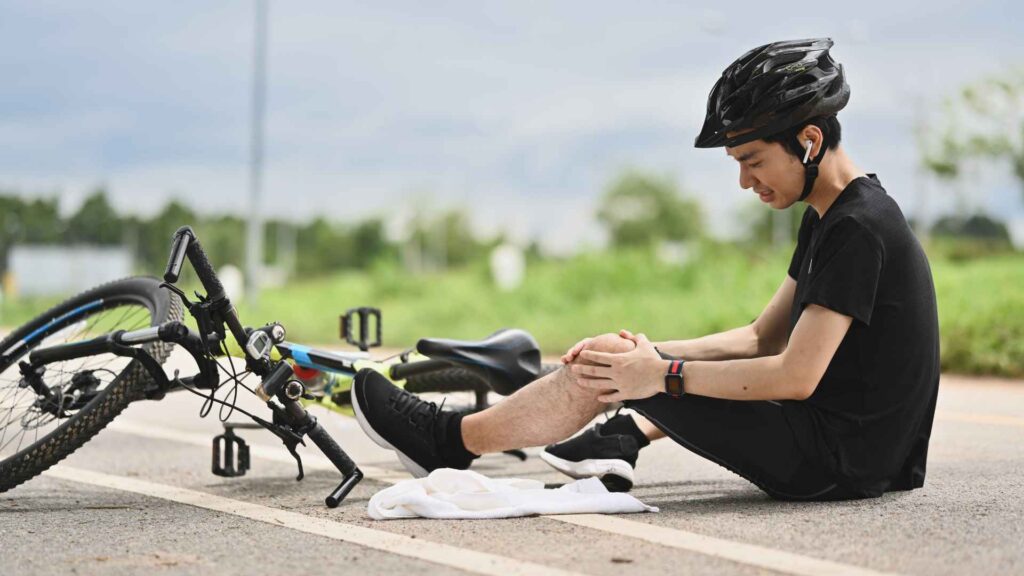
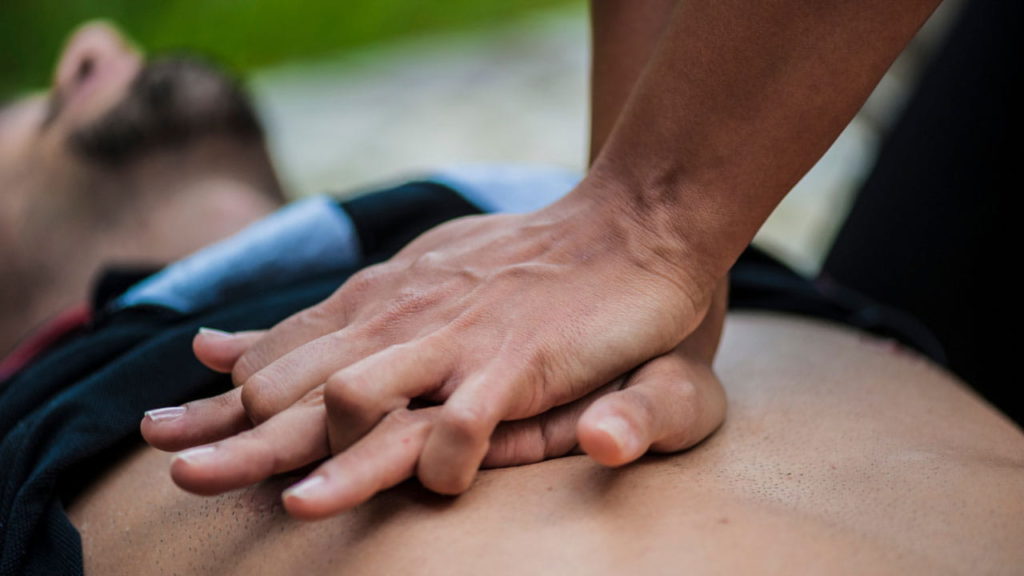
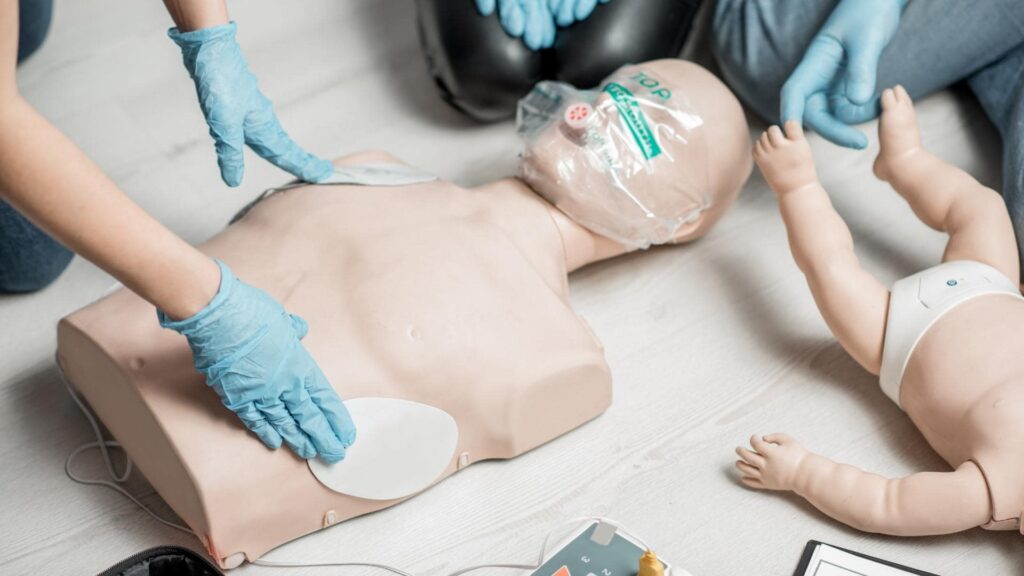

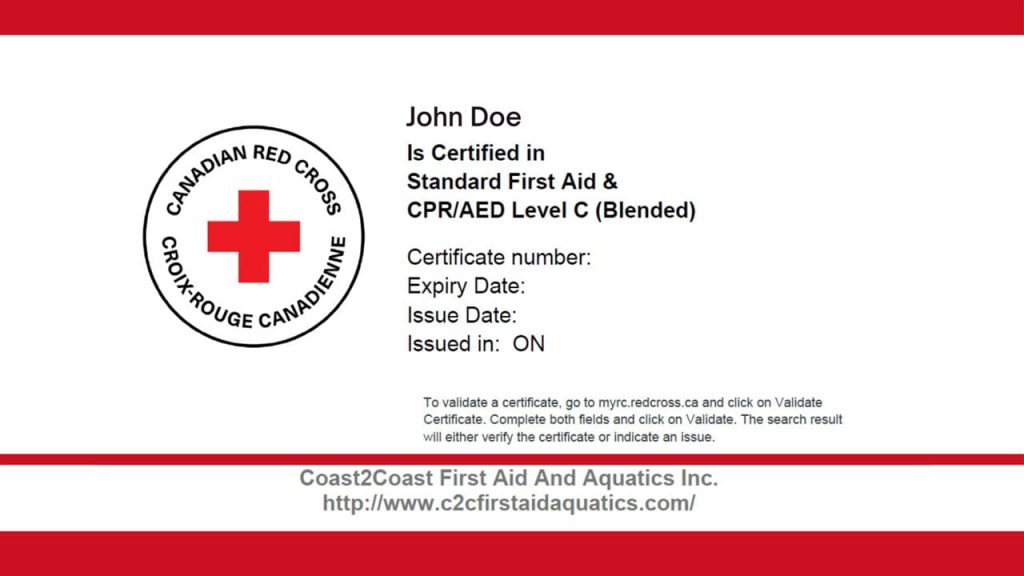
No comment yet, add your voice below!